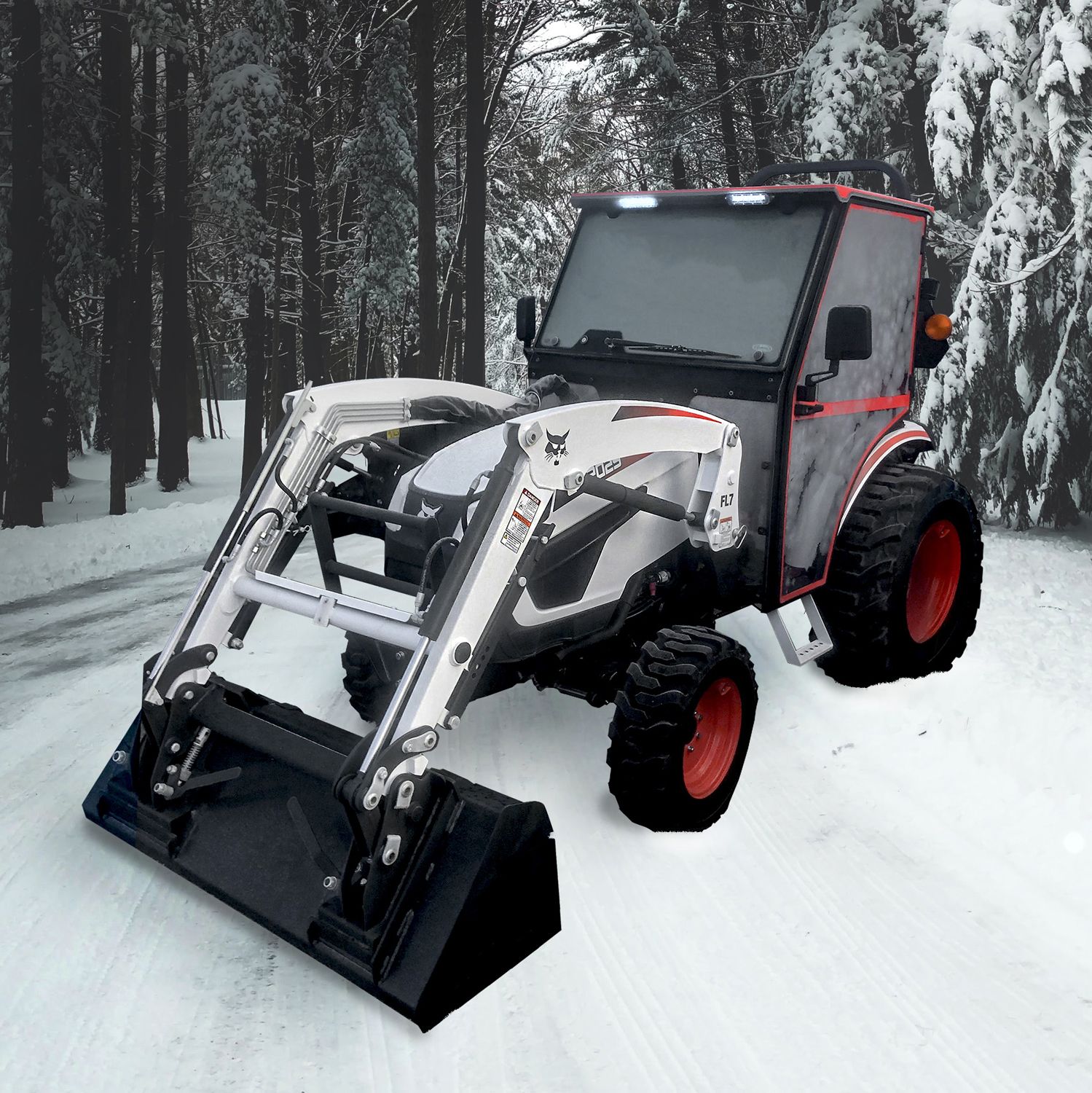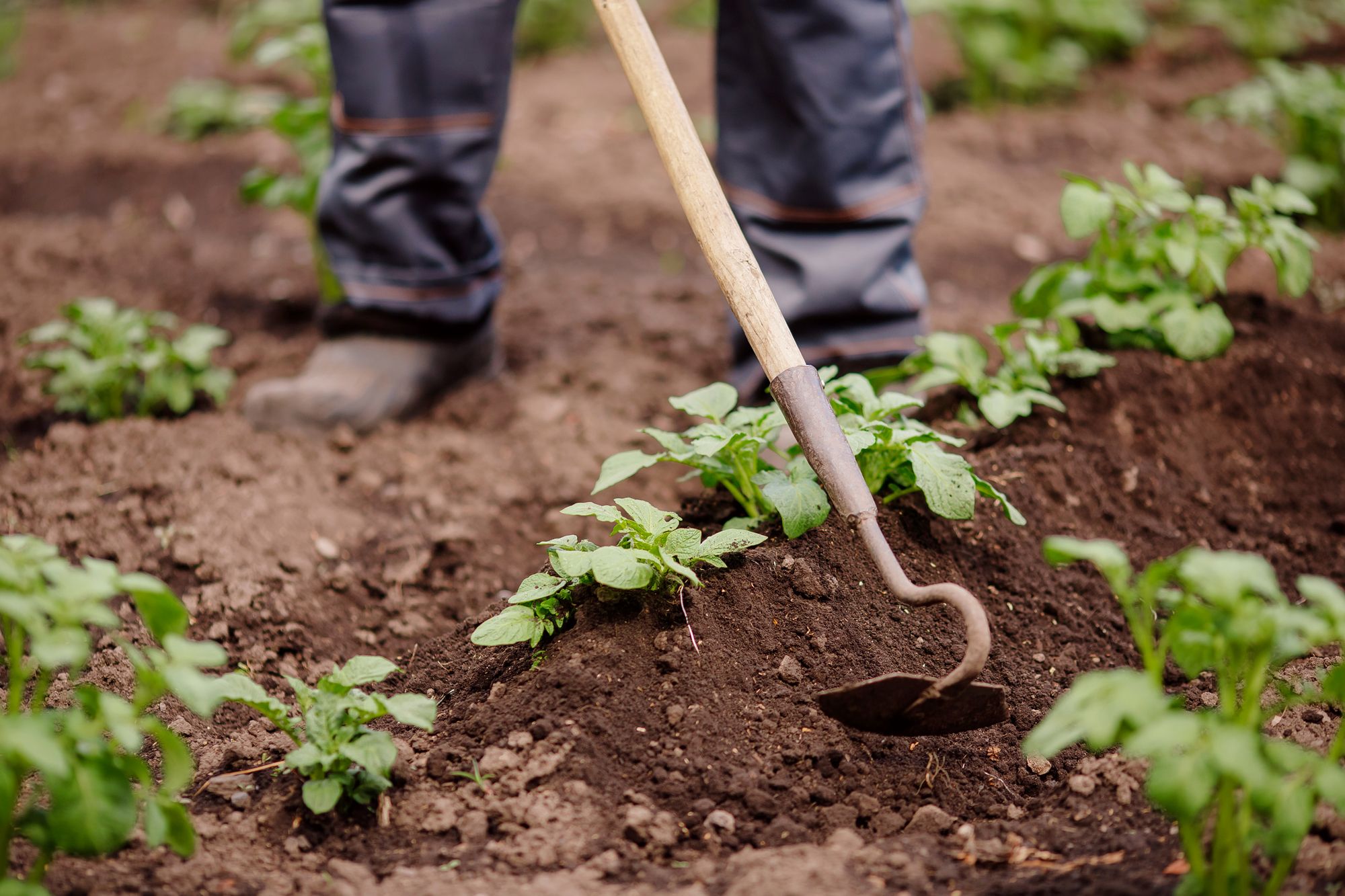Are There Best Practices to Running a Farm?


Best Practices and Solutions
Running a farm takes dedication and skill. Even with agricultural experience, farming can be a challenging pursuit. However, even if you’re new to the occupation, you can develop the expertise you need to manage a farm successfully. From planting and harvesting crops to caring for livestock and outbuildings, you can learn as you go so long as you have a basic understanding of how to maintain key aspects of your farm and its animal occupants. Here, we’ll outline basic tips and best practices for running your farm effectively.
Tips to Get Started: Buildings
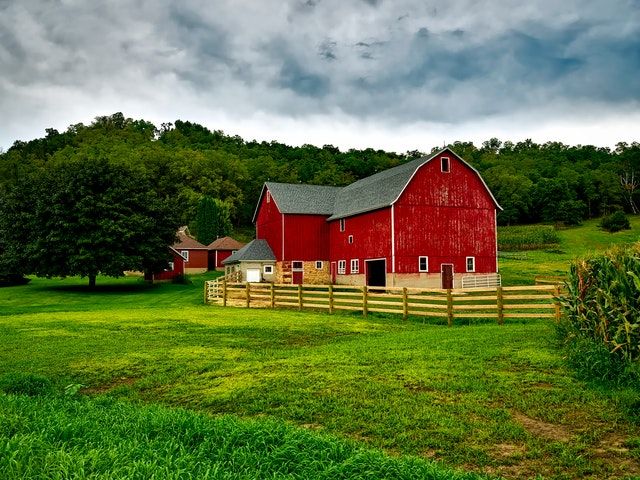
Farm buildings allow you to shelter yourself, your livestock, and your crops. Depending on the size of your farm, you might have numerous buildings to care for. You may also need outbuildings to store your farm equipment and supplies. Maintaining them is part of successful farm upkeep.
Farmhouse
The farmhouse is, in many ways, the heart of your farm. It’s the farmer’s home—where you live. Like any other structure, you’ll need to be sure the home’s essential systems—HVAC, plumbing, and roof—are in sound and functional condition. You’ll also need to inspect your farmhouse’s exterior from time to time to ensure that it’s in good repair.
Check the siding for sides of moisture damage or pest infestation. If you have a septic system, be sure that your drain field isn’t leaking. A well-maintained farmhouse is a good sign that the entire farm is well-cared for too. If you note problems, be sure to make repairs quickly.
Barn and Livestock Shelters
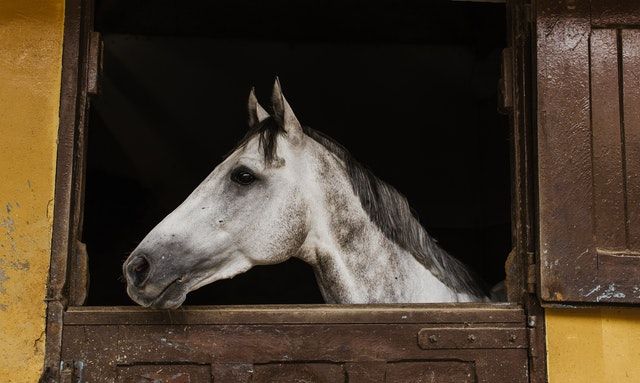
Whether you have horse stables, a dairy farm, or chicken coops, you’ll need to maintain all the structures on your property. If you have a main barn, you probably know how crucial this building is to your operation. When it comes to these shelters, you should:
- Keep them well ventilated—especially shelters designed for animals (i.e., install vents, ceiling fans)
- Pest-proof your structures (use traps, keep feed secure, enlist the help of barn cats)
- Keep shelters clean and dry
- Perform inspections (look for signs of disrepair, remove items like stray nails or screws that could be hazardous to animals)
- Install low-maintenance flooring (i.e., concrete or asphalt)
Crop Storage
Your crops are an asset, so you want to ensure that you store them safely and securely, protecting them from pests and adverse conditions. Optimal storage conditions vary by crop. On-site storage is ideal because it reduces transportation and storage rental costs. When designing your crop storage building, you’ll need to carefully research the crop(s) in question so you can fulfill their storage needs. Pay particular attention to the best temperature range for your crop’s storage and take steps to reduce risks that could damage your crops (i.e., too much moisture). Many farmers invest in crop insurance as a safeguard against adverse conditions.
Veterinary Building
Some farmers maintain a veterinary building designed to store livestock medical supplies and where they can provide care for sick or injured animals and livestock. Maintain this building just as you would your barn. If you keep veterinary drugs in this building, ensure they’re secure so that animals and pests cannot access them.
Animal Care
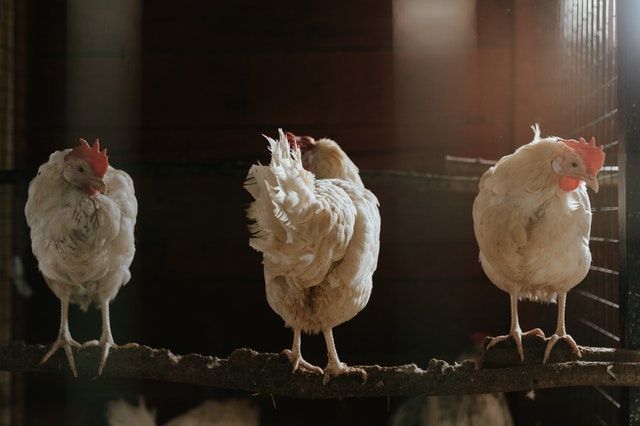
Caring for your farm animals and livestock can be an immense job with its daily tasks. Some farmers, such as dairy farmers, may grow minimal crops or only crops to feed their livestock and support the farm’s needs. Farmers need to learn about all the animals’ health and care needs that make their home on the farm. Although they certainly don’t need a veterinary degree, they often acquire a vast degree of veterinary knowledge in the course of their experience with animals. Of course, it’s crucial to partner with a local vet who specializes in farm animal care so that you can keep your livestock and other farm animals like horses well cared for.
Horses
Horses require more daily care than dogs or cats. Not only do they require a separate residence (i.e., their stable), they involve considerable work each day on the part of the farmer or farm employees. To care for your horses, you should set aside time each day to:
- Feed horses hay each morning and night
- Clean and refill their water buckets each morning and night
- Provide them with fresh bedding
- Inspect their hooves each day
- Provide blankets at night during the winter month
- Ensure horses get daily exercise (you’ll need a fenced area for them)
- Spray for flies and other insects during the warm season
- Muck out their stables each day
- Ensure your vet sees and cares for your horse on schedule
- Keep a warm barn for your horses in winter
Pigs
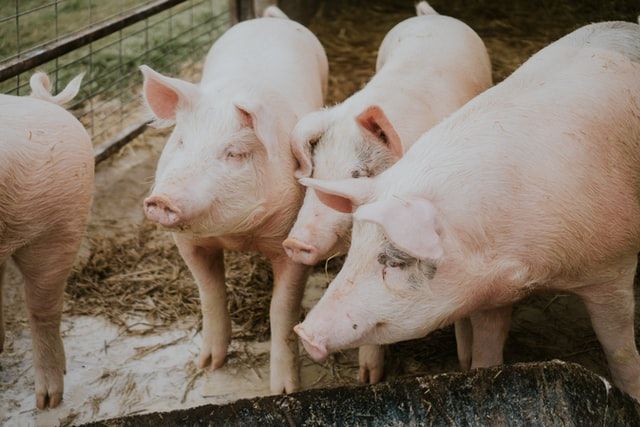
Like horses, pigs also need substantial care. Ideally, it’s best to keep them in a pen in a pasture with a three-sided shelter. Their pasture must be boarded to secure them. Although pigs may be kept in a barn, it’s important to ensure proper ventilation and provide them with deep bedding to accommodate their need for rooting. During the winter, you may need to move your pigs to the barn to protect them from inclement weather and provide them with access to heat. A heated floor mat may suffice.
Pigs need food and water daily. They should have access to water all day long. To prevent overturning, use automatic waterers if possible. To maintain the health of your pigs, be sure that they’re properly vaccinated and clean their pen routinely. You can feed pigs on a diet of pig chow, leaves, flowers, grains, and some fruits and vegetables (as treats).
Chickens
Many farmers keep chickens for the fresh eggs they produce. To raise chickens, you’ll need a sturdy chicken coop with about three square feet of floor space for every three to six chickens. Outdoors, they’ll need at least 8-10 square feet to roam. The more area they have to roam, the better. Chickens will keep themselves entertained during the day by hunting and pecking at bugs, worms, and grass. Adult chickens will produce, on average, two eggs every three days. You’ll need to check for eggs daily as well as clean their coop routinely. You’ll also need to provide food and water for your chickens each day.
Cows
A cow’s lifespan is about 18-20 years. If you choose to keep cows, they’ll need adequate shelter that’s draft-free and waterproof. You can keep your cows in your barn, but it must be well-ventilated all year long. Your cows will need a fenced pasture area for grazing. They need access to water all day long. During the winter, they’ll need to be fed hay. Be sure that your pen features salt licks so the cows will get the vitamins and nutrients they need as part of their diet. Finally, while cows are generally docile, they are large. Farmers and farm hands must handle cows with care as a matter of general safety.
Sheep
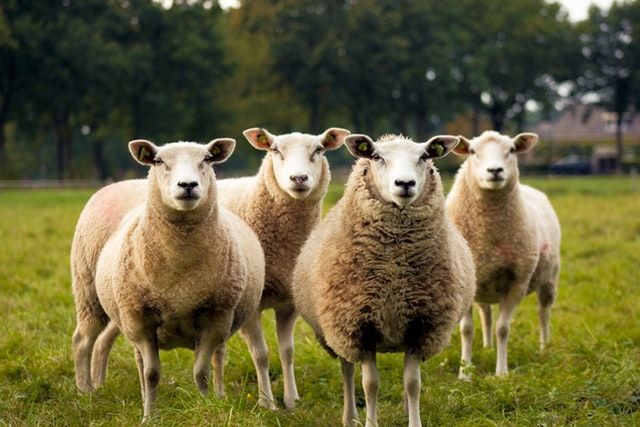
Sheep need year-round shelter and pastureland for grazing. You can house them in your barn or even provide them with a three-sided shelter. Ideally, they’ll need some shade during the hot summer season. A clump of trees may suffice. Plan to keep no more than ten sheep per acre of pasture. Grazing in your pasture and hay will make up the bulk of your sheep’s diet. Be sure their hay is always kept dry, or it may become moldy. Like cows, sheep will require a salt lick for minerals and daily access to clean, fresh water.
Sustainable Agriculture Basics
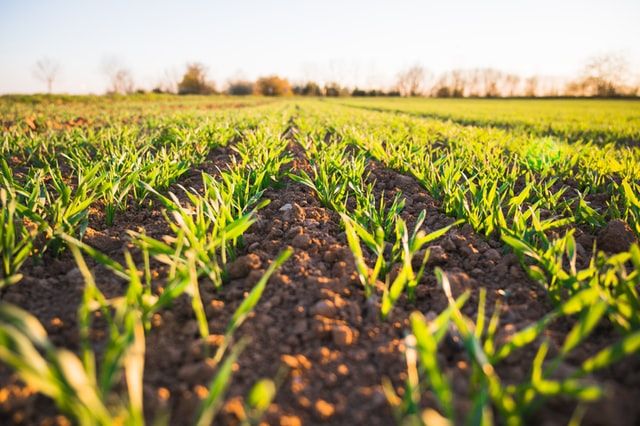
Sustainable agriculture is an alternative to industrial agriculture. Put simply—it’s how farming used to be before it became ‘incorporated.’ Many farmers are endeavoring to include more sustainable practice on their farm because it’s better for their crops, livestock, community, and the environment. Some tenets of sustainable farming include:
- Building/maintaining healthy soil
- Promotion of biodiversity
- Water conservation/responsible water management
- Pollution reduction
Here, we’ll explore some key aspects of sustainable agriculture you may adopt for your farm.
Crop Rotation
Crop rotation helps to reduce pests that plague individual crops and is better for soil. A single crop planted over and over again will rob the soil of its nutrients. By shifting crops, farmers can replenish the soil and support its indefinite health.
Pest Management
Farmers can use more sustainable methods to minimize pests by using mechanical and biological methods instead of chemical pesticides that are not healthy for crops or the environment. Farmers should also consider employing more preventative measures for infestations rather than merely reactive measures.
Water Conservation
Water conservation and management is essential for successful sustainable agriculture. Many farmers, for instance, are installing drip irrigation systems and putting more emphasis on irrigation scheduling to reduce evaporation and ensure that crops are getting enough water. If your farm is small, you might capture and store water to help with your water conservation efforts. Other measures you should employ to help manage water delivery and conservation successfully include:
- Conservation tillage
- Planting cover crops
- Practicing rotational grazing
- Dry farming
- Planting drought-tolerant crops
Crop Care
Caring for your crops is essential for ensuring a good harvest. Some farmers are practicing sustainable practices by planting sustainable seeds; they’re using a variety of seeds to promote diversity, which is better for the soil and a healthy crop. Farmers are also incorporating the practice of agroforestry by planting trees and shrubs along with crops and allowing livestock to enjoy the benefits of these areas. The intermingling of plants and animals promotes a healthful setting.
Taking Care of Your Farm
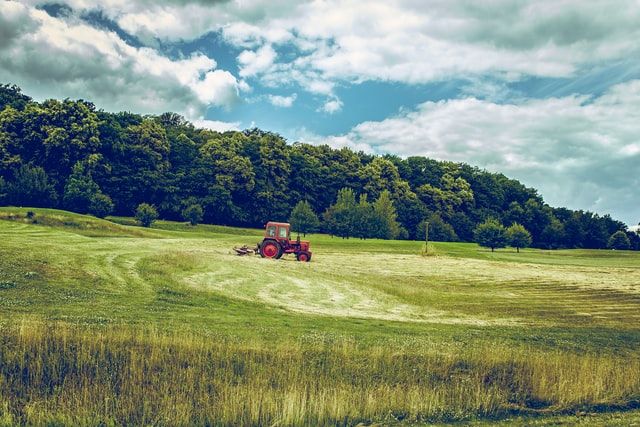
Caring for buildings, crops, and animals will command much of a farmer’s time, but other tasks are also associated with a farm operation. Farmers will have to maintain machinery and equipment to ensure that it’s in good working condition. Often, farmers have to make the most of their time; if a piece of equipment is damaged and in a state of disrepair, it can throw off their schedule and impede the proper running of their farm. It’s important to maintain equipment such as:
- Tractor
- Baler
- Plow
- Backhoe
- Harrows
- Seed drill
Carefully inspect equipment before it is needed to ensure that it will be ready for use. It’s also essential to store your farm implements and equipment where they can’t be damaged. Secure them in your barn or an outbuilding designed for equipment storage.
Rainy and Winter Seasons
Farmers are also tasked to prepare their farms for the rainy and winter seasons in addition to everyday farm maintenance. Bales of hay have to be stored for feed. Equipment will need to be washed and carefully stowed out of the elements. Before these seasons, farmers should make any required repairs to buildings to protect the assets within them.
Farming as a Business
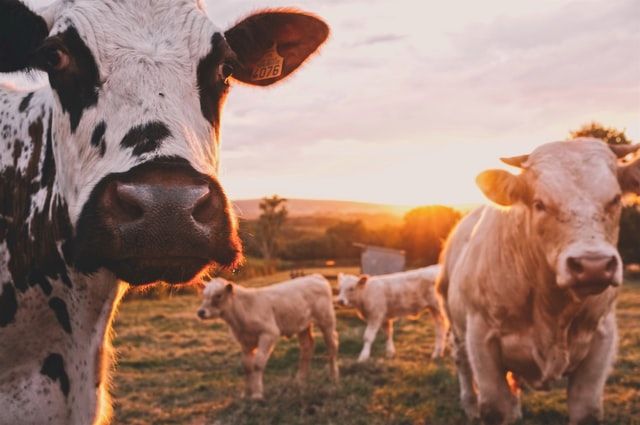
Most farmers do operate their farms as a business. Ideally, your farm should pay for itself and provide a profit for the farmer to live on. It can be challenging to operate a financially successful farm. Like any business, farmers should employ certain strategies to support their farm’s profitability. If you’re running your farm as a business, you should:
Set Goals
When starting your farm, it’s important to set goals. What are your financial goals, and are they manageable given your farm plan? As you progress, you’ll want to establish numerous goals each year. Some years you may focus on building projects like re-roofing your barn and outbuildings. Other years you might focus on crop expansion or planting an orchard. Goals will help you build your farm into a successful and rewarding operation.
Develop a Business Plan
As you plan for your farm, you’ll want to be mindful of the business side of its operation. For instance, what crops are most lucrative (naturally, you’ll want to grow crops that will thrive in your setting)? How will you get your crops to market? How many farmhands will you need to employ, and what is their rate of pay? You’ll also need to develop a budget with careful attention to the cost of your supplies.
Plan Your Profits
If you’ve made a careful budget and determined the cost of all the supplies and materials you’ll need for your barn, you’ll be able to formulate an idea of your farm’s profitability. This task may become easier as you gain more farming experience from one year to the next. You should also plan what to do with your profits once you pay yourself for your hard work. You may invest them back into your farm or save a portion in the event of a bad harvest year or some type of farm emergency.
Build Relationships
As a farmer, you will be quite busy running your operation, but you’ll also need to build relationships with people in your community and elsewhere in the agricultural marketplace. Build relationships with equipment salespeople and agricultural vendors—build relationships with the customers you intend to sell your crops to. You’ll also need to establish a strong relationship with your area veterinarian. Area restaurants may be interested in purchasing eggs or other products from your farm, so it makes sense to cultivate relationships with local businesses and restauranteurs.
Invest in Equipment
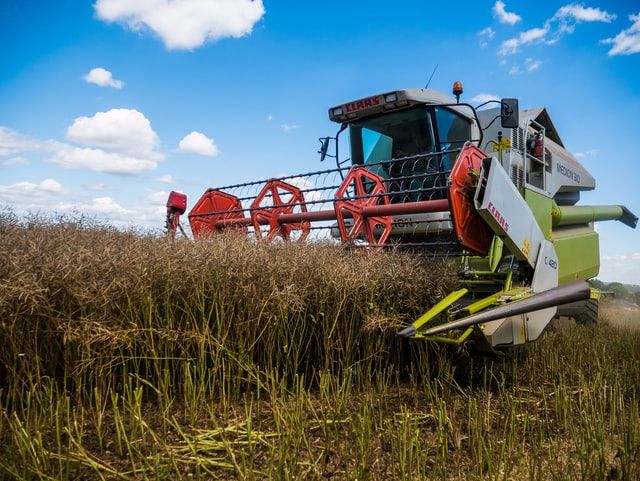
A farmer needs reliable equipment to run a successful farm. That will require periodic investment in equipment. Naturally, maintaining your equipment will help you promote its longevity, so you enjoy more value from each piece. Keep good records on when you purchase and service equipment so you can prepare for its eventual replacement as it nears the end of its useful life span.
Running a farm is not only a job; it’s a way of life. For many, it’s the best way to live. If you enjoy this type of work and love being outdoors from morning until night, you might find that farm life is the ideal life for you. Keep this guide in mind as you make plans to build a successful farm and farming business.
Tags:Weekend Farmer

Acreage Life is part of the Catalyst Communications Network publication family.













